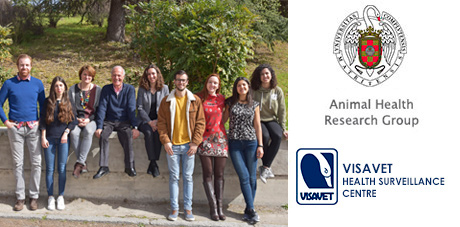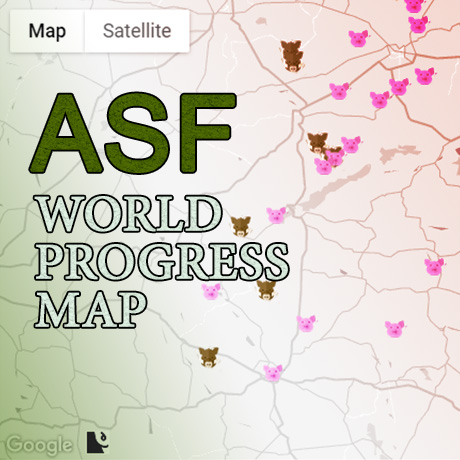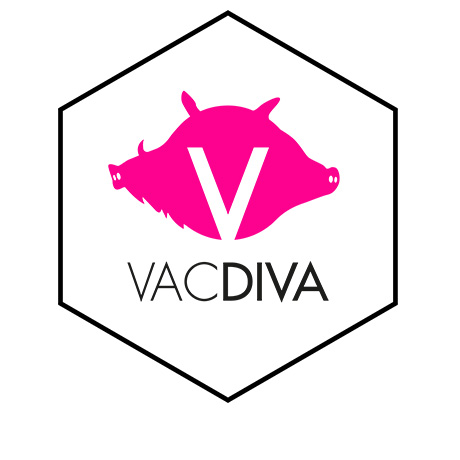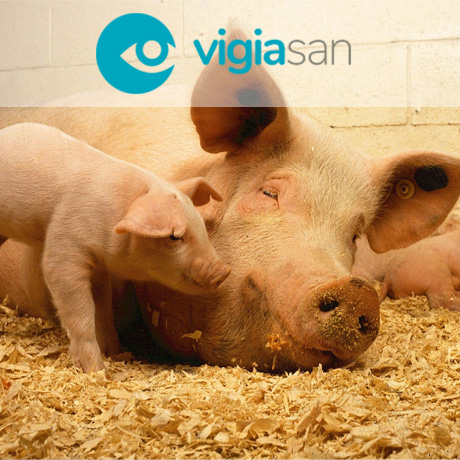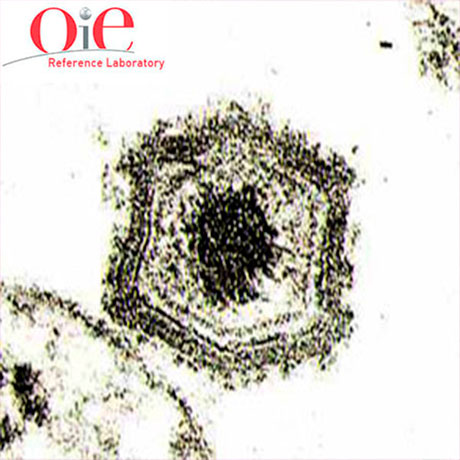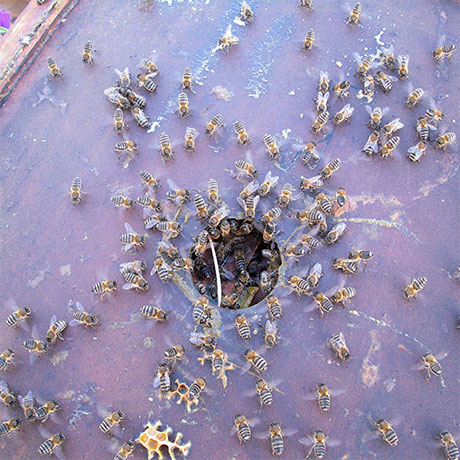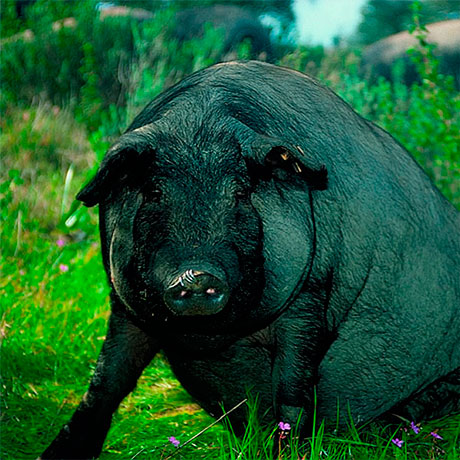Wild Frank (DMAX): How does Covid affect animals?
Frank Cuesta echo the Project that studies the potential impact of Covid19 on pets and lynxes on the TV show "The New Reality".
The show aired on January 10 at 9:30 p.m. Frank interview the Director of the Veterinary Hospital of the Complutense University, Dolores Pérez-Alenza, and to the coordinator of the project, José Manuel Sánchez-Vizcaíno at the VISAVET Health Surveillance Centre facilities.
Source: Discovery Networks. Watch the full TV show https://www.discoveryplus.
The world best Spanish researchers in veterinary medicine, according to Stanford
![]() Stanford University has updated the list in which it includes the best researchers in the world according to the citations obtained by their publications and among them is Professor José Manuel Sánchez-Vizcaíno.
Stanford University has updated the list in which it includes the best researchers in the world according to the citations obtained by their publications and among them is Professor José Manuel Sánchez-Vizcaíno.
Access to full article at Animal´s Health (spanish text)

"African swine fever is worse than ever"
 Article published by the digital newspaper "Diario Veterinario" (11/01/2021)
Article published by the digital newspaper "Diario Veterinario" (11/01/2021)
José Manuel Sánchez-Vizcaíno affirms that the current situation of swine fever is out of control. 2020 has been marked by its expansion throughout Europe and by the progress in the development of a possible vaccine
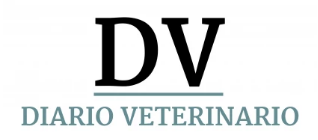
A vaccine against African Swine Fever
Interview with José Manuel Sánchez-Vizcaíno at the Cajamar Foundation's Tierra Platform.
Global emergence and evolutionary dynamics of bluetongue virus
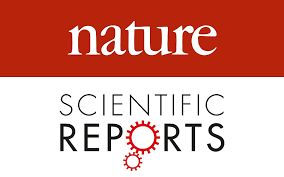 Research article published in Scientific Reports journal
Research article published in Scientific Reports journal
Abstract: Bluetongue virus (BTV) epidemics are responsible for worldwide economic losses of up to US$ 3 billion. Understanding the global evolutionary epidemiology of BTV is critical in designing intervention programs. Here we employed phylodynamic models to quantify the evolutionary characteristics, spatiotemporal origins, and multi-host transmission dynamics of BTV across the globe. We inferred that goats are the ancestral hosts for BTV but are less likely to be important for cross-species transmission, sheep and cattle continue to be important for the transmission and maintenance of infection between other species. Our models pointed to China and India, countries with the highest population of goats, as the likely ancestral country for BTV emergence and dispersal worldwide over 1000 years ago. However, the increased diversification and dispersal of BTV coincided with the initiation of transcontinental livestock trade after the 1850s. Our analysis uncovered important epidemiological aspects of BTV that may guide future molecular surveillance of BTV.
Moh A Alkhamis, Cecilia Aguilar-Vega, Nicholas M Fountain-Jones, Kai Lin, Andres M Perez, José M Sánchez-Vizcaíno
2020: a year of pandemics
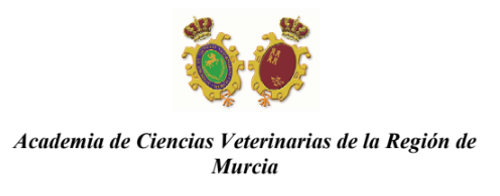

Conference "2020: a year of pandemics" by José Manuel Sánchez-Vizcaíno Rodríguez, Professor of Animal Health at the Complutense University of Madrid. Dr. Honoris Causa by the University of Murcia.
Free access with this invitation (1st of December 18:30h)



